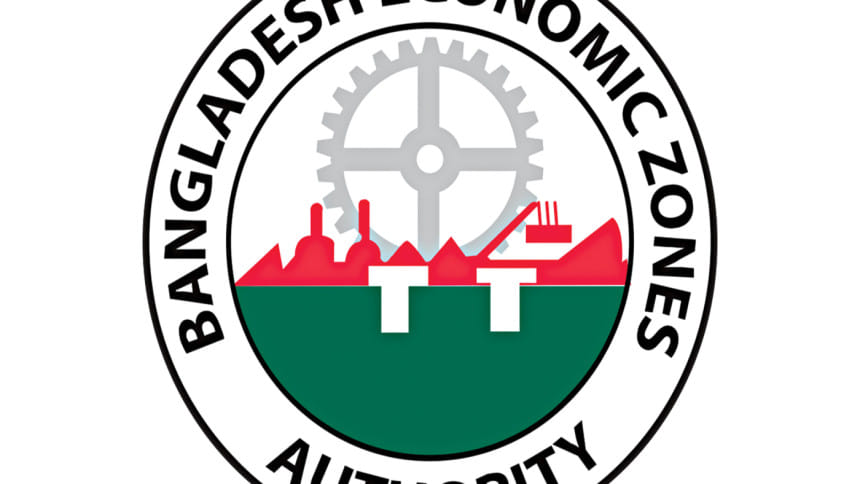Nat’l committee formed for free trade zones

The authorities have formed a national committee to examine the feasibility of establishing free trade zones (FTZs) -- designated areas where goods can be imported, processed, and re-exported without interference from customs authorities.
The move comes on the heels of the Bangladesh Investment Summit last month, where discussions focused on drawing foreign investment, generating employment and increasing export capacity.
The concept of FTZs, often situated near major seaports, airports or border points, was highlighted at the summit as an avenue for accelerating industrial growth.
On Tuesday, the Bangladesh Economic Zones Authority (Beza) announced the formation of the committee on April 21, which will lead efforts to assess the potential of FTZs across the country.
The announcement was made from the Office of the Chief Adviser, according to a press release, and has been welcomed by business leaders as a major step towards industrial modernisation and deeper global economic integration.
FTZs have gained global traction for creating business-friendly environments and streamlining cross-border trade. With this in mind, Beza formed the national committee to initiate the process of establishing FTZs in Bangladesh.
The committee includes representatives from several key government bodies, including Beza itself, the Ministry of Commerce, the Economic Relations Division (ERD), the Ministry of Industries, the National Board of Revenue, the Chattogram Port Authority, and the Bangladesh Investment Development Authority.
It will be led by the commerce adviser and Beza's executive chairman.
One of the committee's main tasks will be to review existing legislation, such as the Bangladesh Economic Zones Act, as well as customs and import-export regulations, to identify legal changes or new policies required to support free trade zones.
It will also examine successful free trade zone models in other countries, identify suitable sites in Bangladesh, and evaluate infrastructure needs, logistics networks and stakeholder engagement strategies.
The committee's first meeting is scheduled for May 6, and will be chaired by Beza Executive Chairman Ashik Chowdhury.
"This initiative is a vital step in transforming Bangladesh into a global manufacturing hub," Chowdhury said, adding that FTZs would play "a central role in achieving this goal".
He expressed confidence that, with proper coordination among ministries and agencies, it would be possible to officially designate FTZs within the current year.
The announcement comes in the wake of the Bangladesh Investment Summit held from April 7 to 10, where a special seminar was organised in collaboration with DP World, the operator of the Jebel Ali Free Zone (JAFZA) in Dubai.
Globally, FTZs have transformed economies by creating competitive industrial bases. For example, Singapore's Jurong Island FTZ, with direct access to ports and airports, has helped turn the city-state into a global trade hub, as per the press release.
Similarly, Dubai's JAFZA has attracted thousands of companies and significantly bolstered the UAE's trade and logistics sector.
With rising global competition and shifting trade dynamics, Bangladesh's move to establish FTZs could mark a turning point in its economic development strategy, Beza said.

 For all latest news, follow The Daily Star's Google News channel.
For all latest news, follow The Daily Star's Google News channel. 



Comments